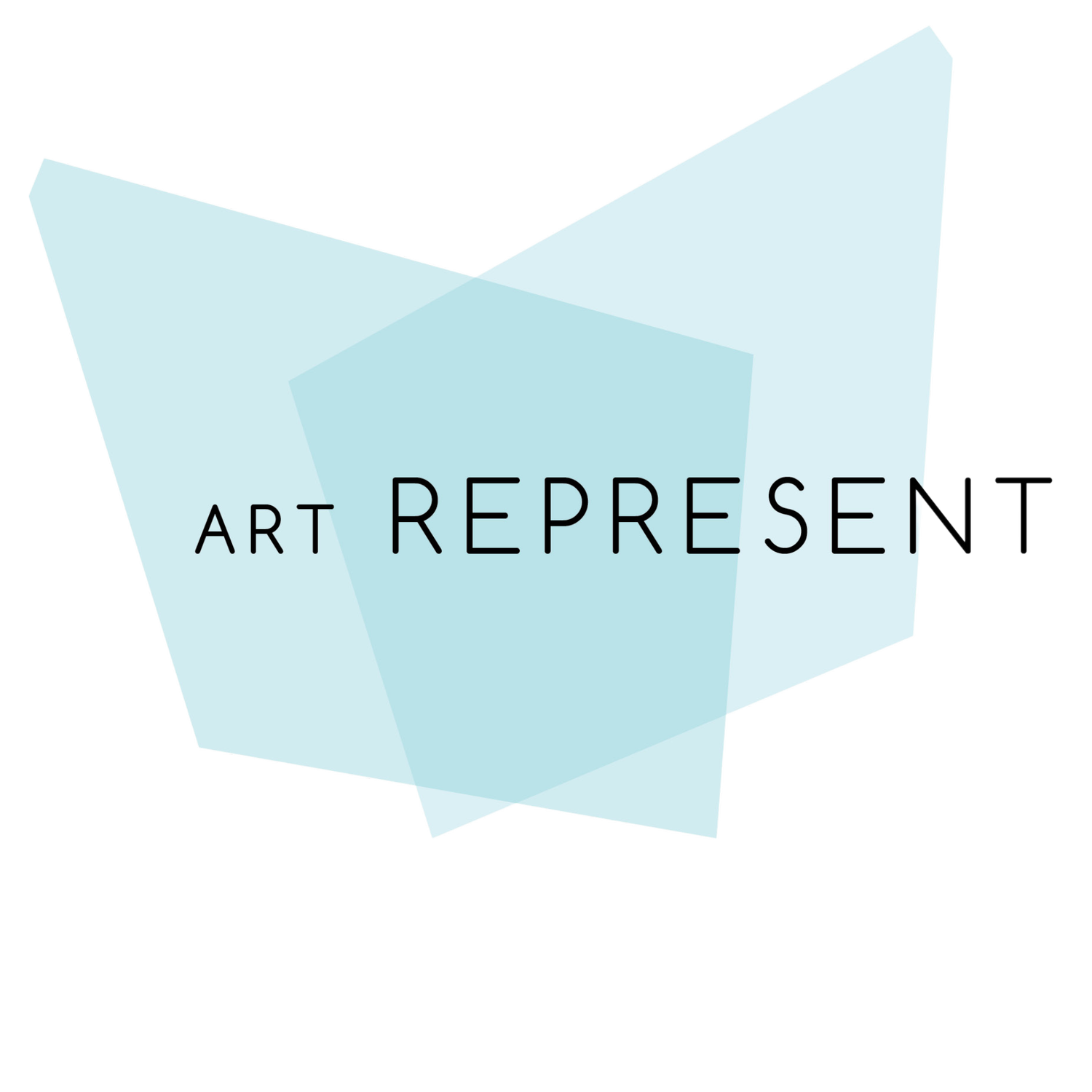The Artist and the Entrepreneur
A hedge fund manager once said to me "the art market is the only market where insider trading is not only okay but is encouraged."
The 'art world' we hear about can often feel like a schizophrenic system with a Jekyll and Hyde personality split. On the one hand you have the incredibly robust and ruthless market driven by cash and guarded by a network of academic institutions, prestigious auction houses, and a pyramid of commercial galleries. Every couple of months or so, news headlines awe at jaw-dropping transactions made during theatrical auction events. There's the yearly carousel of art fairs and biennales that has created an elite tribe of curators, collectors, dealers and gallerists who plan their calendar around these events. Art flipping, art investment funds, and art-tech startups raising millions create the impression that the art world is a lucrative investment pit, rife with opportunities for turning a profit.
On the other hand you have the stereotype of 'the artist', the creative talented individuals who cannot be further removed from the art dealers, flippers, and investors who run the market. With more and more artists stepping into the popular consciousness and often acting as their own tycoon dealers, figures like Damien Hirst, Ai Weiwei and Banksy are calling the stereotype into question. Nonetheless, these household names are unicorns, and the truth is that most artists do lack the knowledge to find their market and the resources to run their business. Artists, after all, are entrepreneurs running their own venture. They are the supply removed from the demand, and often find themselves operating in a world in which the rules have not been taught.
More frustratingly, it is almost expected that artists should not know how to become successful business owners. There is a stigma attached to the practice of creating and promoting art being tied too closely to the practice of successfully selling art. Museums and institutions support the arts with a non-profit model, galleries and auction houses sell the art, and artists are creating work to be discovered and propelled. In reality, these divisions are not as black and white, and it is a system that's in need of a shake-up. Of course the integrity of the artwork should not be underpinned by its commercial viability, but that’s not to say that ethics and profit cannot be merged into a sustainable partnership.
Creating a viable livelihood and avoiding exploitation is difficult for artists working everywhere, but it is especially difficult for artists who have to struggle against obstacles that take away even the most basic of privileges we experience as citizens of the Western world. In order for artists to develop their practice they need to be able to understand their commercial venture, and be in control of their career. For artists affected by conflict to be recognised as international artists, and to avoid being stuck in "ethnic" or "emerging market" group shows, they need to be selling and showing their works in an international arena. Slowly, we are seeing changes in the chasm between the aforementioned Jekyll and Hyde persona with the role of art startups, online markets, and the spread of social media. A lot of collectors are now browsing through Instagram, giving them the freedom and scope unrivalled by Thursday night gallery crawls. Even more artists are taking to Facebook and Instagram to share their work. For a lot of the artists we work with at Art Represent, Facebook and Instagram are their only connections to a global audience: often using VPNs to jump through censors and over firewalls to deliver works to the world.
Art Represent's Yaser Al Gharbi uses social media extensively to share images and videos with his online following.
This month's newsletter is dedicated to the merger between the artist and the entrepreneur. We look at how to navigate through the complex art ecosystem to create more value, the relationship between ethics and the market, as well as the power of social media when mixed with conflict and art. It is my belief that by innovating the way we create and sell art, we can develop true sustainability and empower the role of artists.
- Edited by George King



